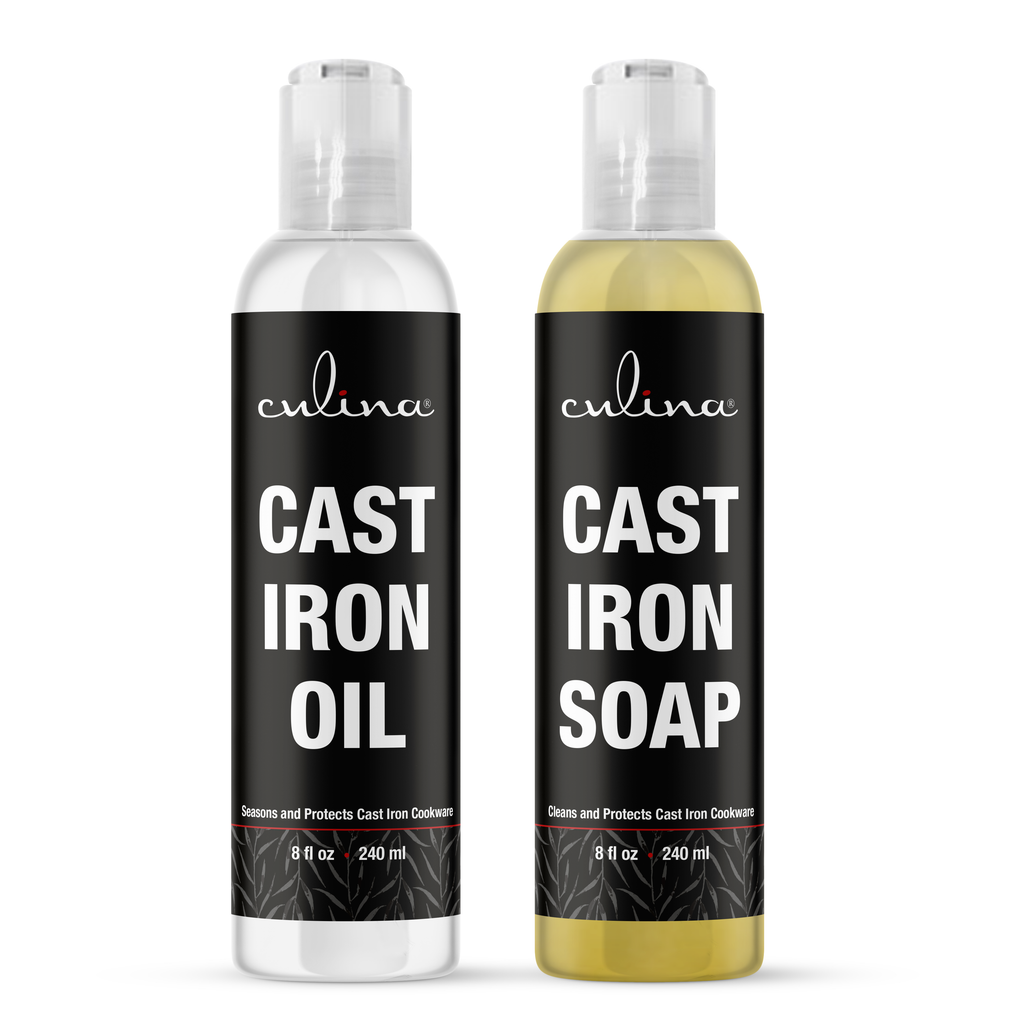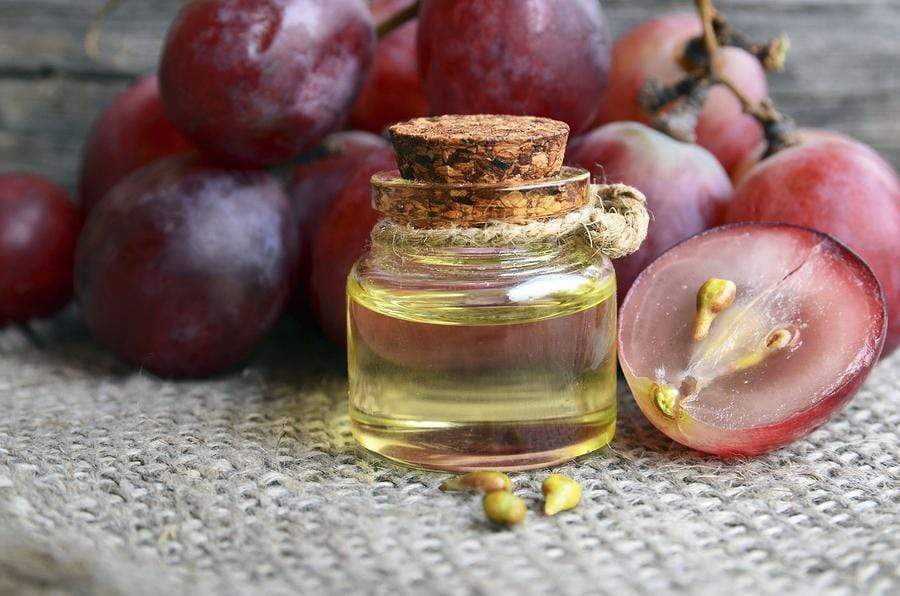Which is Healthier: Grapeseed Oil or Sunflower Oil for You?
In the quest for the healthiest cooking oil, many individuals and **beauticians** alike often question, 'which is healthier grapeseed oil or sunflower oil?' Both oils are commonly used in kitchens and beauty routines, but understanding their unique properties can help you make an informed decision that aligns with your health and beauty goals.
Grapeseed oil comes from the seeds of grapes, particularly those used in winemaking, while sunflower oil is extracted from sunflower seeds. Both are popular for culinary purposes and are renowned for their skincare benefits. However, the real question lies in their nutritional value and suitability for different uses.

Nutritional Profile of Grapeseed and Sunflower Oil
To truly grasp the differences between these oils, it's important to examine their **nutritional profiles**. Grapeseed oil contains a higher level of polyunsaturated fats and vitamin E compared to sunflower oil. Sunflower oil, on the other hand, can have a higher presence of saturated fats depending on the variety chosen.
While grapeseed oil typically has around 70% polyunsaturated fats, sunflower oil's composition can vary significantly, with high-oleic sunflower oil being the healthiest option, contributing about 80% monounsaturated fats. Both oils are low in saturated fats, making them **heart-healthy** options. For more details on various oils, visit this scientific resource.
Health Benefits of Grapeseed Oil
Grapeseed oil is lauded for its several **health benefits**. It is rich in antioxidants, particularly vitamin E and polyphenols, which are known to combat oxidative stress and inflammation in the body. This makes it a great choice for both cooking and skincare.
In beauty routines, grapeseed oil's lightweight texture makes it an excellent moisturizer. It absorbs quickly into the skin, leaving it feeling soft without a greasy residue. Additionally, grapeseed oil can help **combat acne** due to its ability to regulate the production of sebum.
Skincare Uses of Grapeseed Oil
Beauticians often recommend grapeseed oil for various skincare applications:
- As a moisturizer for oily skin types.
- As a carrier oil for essential oils in massage therapy.
- In DIY beauty recipes, such as face masks and hair conditioners.
The Advantages of Sunflower Oil
Similar to grapeseed oil, sunflower oil also boasts a plethora of health benefits. High-oleic sunflower oil is particularly recognized for its heart-health advantages, attributed to its high oleic acid content, which is beneficial in reducing cholesterol levels.
Sunflower oil is rich in linoleic acid, an essential fatty acid, which is crucial for maintaining skin health. Its anti-inflammatory properties can help to soothe irritated skin and can be beneficial for individuals with skin conditions such as eczema.
Beauty Applications of Sunflower Oil
Beauticians praise sunflower oil for its versatility in beauty routines:
- As a deep conditioner for dry, damaged hair.
- In nutritional supplements for skin health.
- As a gentle and effective makeup remover.

Cooking with Grapeseed and Sunflower Oil
When it comes to culinary uses, both grapeseed oil and sunflower oil have a high **smoke point**, making them suitable for various cooking techniques, including frying and sauting. However, grapeseed oil has a slightly higher smoke point, which can be advantageous when using high heat.
It is also important to consider the flavor profiles. Grapeseed oil has a more neutral taste, which allows it to be used in salad dressings and marinades without altering the overall flavor. Sunflower oil also has a mild flavor but can enhance the taste of dishes where a slight nutty flavor may be desirable.
Choosing the Right Oil for Your Needs
Ultimately, **the decision** between grapeseed oil and sunflower oil will depend on your individual needs, whether for cooking or beauty. If you are particularly focused on maximizing vitamin E intake and protective antioxidants for your skincare regimen, grapeseed oil may be the best fit for you.
On the other hand, if you require an oil that is versatile for culinary uses and serves multiple functions for skin health, sunflower oil could be your choice. Beauticians may prefer to recommend both oils in different scenarios recognizing the unique qualities each provides.

Conclusion: Which Should You Choose?
By now, the answer to 'which is healthier grapeseed oil or sunflower oil' may not be readily apparent. The answer could be: both are healthy in their own right but suited to different purposes and individual health needs. To help share your oils, you might also want to read about [what grapeseed oil can be used for](https://livananatural.com/blogs/news/what-can-you-use-grapeseed-oil-for) and how it compares with [avocado oil](https://livananatural.com/blogs/news/which-is-better-avocado-or-grapeseed-oil). Through informed choices, you can enhance not only your culinary endeavors but also your beauty routines!
FAQs
1. Is grapeseed oil better for cooking than sunflower oil?
Grapeseed oil has a slightly higher smoke point, making it ideal for high-temperature cooking. However, both can be used effectively.
2. Can I use sunflower oil for my skin?
Absolutely! Sunflower oil is known for its ability to moisturize and soothe the skin.
3. Are there any side effects of using grapeseed oil?
While grapeseed oil is generally safe, excessive consumption may lead to an imbalance in fatty acids.
As an Amazon Associate, I earn from qualifying purchases.

